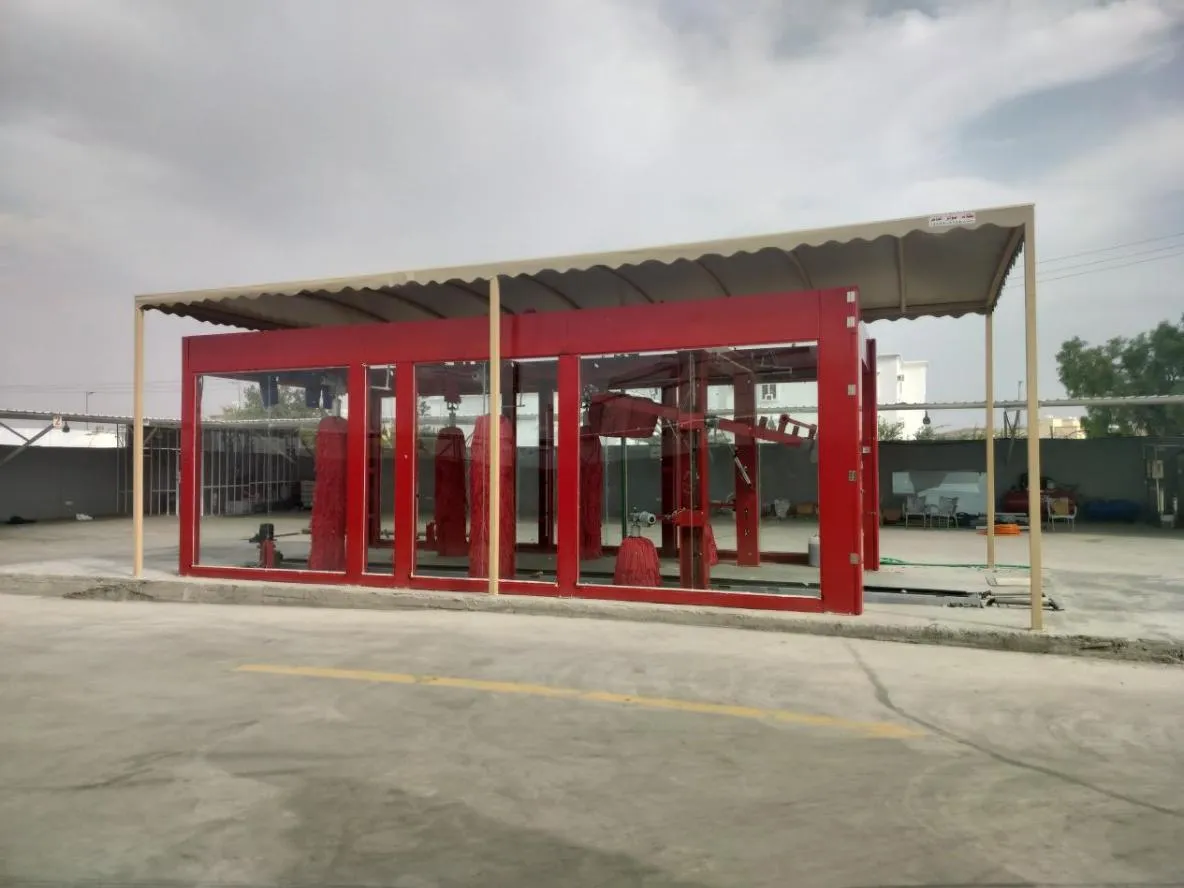automated car wash systems
The Evolution of Automated Car Wash Systems
In recent years, the automotive industry has witnessed a significant shift towards automation, not only in manufacturing processes but also in ancillary services like car washing. Automated car wash systems represent a groundbreaking advancement, combining efficiency, convenience, and technology to meet the needs of modern consumers. These systems have evolved from simple manual washes to sophisticated machinery that can clean vehicles quickly and thoroughly.
The origins of automated car washes date back to the 1940s, with the introduction of the first mechanical wash in Detroit, Michigan. Initially, these systems were limited in function and primarily featured simple, mechanical brushes. However, as technology progressed, so did the capabilities of car wash systems. The introduction of soft cloth and touchless wash options significantly improved the cleaning process, reducing the risk of scratches and damage to the vehicle's surface.
Today, automated car wash systems utilize high-pressure water jets, advanced detergents, and various drying techniques to provide a superior cleaning experience. Touchless car washes, for example, employ sensors and high-pressure water streams to clean without physical contact, making them ideal for high-end vehicles or those with delicate finishes. Meanwhile, cloth-based systems offer a thorough wash while being gentle on the car's surface.
Moreover, the integration of smart technology in automated car washes has revolutionized the industry. Many modern systems feature user-friendly interfaces that allow customers to customize their wash experience, selecting from various cleaning options, wax treatments, and drying configurations. Some car washes even implement loyalty programs through mobile apps, enabling customers to keep track of their wash history and earn rewards with each visit.
automated car wash systems

Environmental considerations have also played a crucial role in the development of automated car wash systems. Many facilities now utilize water recycling technologies, allowing them to minimize water usage and reduce waste. Water-efficient systems can use as little as 15-30 gallons of water per wash compared to the hundreds of gallons typically used in a home wash. Additionally, eco-friendly soaps and cleaning agents are becoming standard, contributing to a more sustainable approach to vehicle maintenance.
The convenience of automated car wash systems cannot be overstated. With busy lifestyles, many car owners appreciate the ability to drive in, have their vehicle cleaned in a matter of minutes, and drive away without the hassle of traditional washing methods. For businesses, streamlined operations and the ability to serve multiple vehicles simultaneously mean increased revenue and satisfied customers.
As we look to the future, the evolution of automated car wash systems is set to continue. Innovations such as artificial intelligence and machine learning could further enhance the efficiency and performance of these systems. With an ever-increasing focus on sustainability and user experience, the automated car wash industry is poised for growth, promising to keep vehicles clean while catering to the demands of a tech-savvy consumer base.
In conclusion, automated car wash systems have transformed the way we maintain our vehicles, offering a blend of speed, efficiency, and sustainability. As technology advances, these systems will undoubtedly evolve further, making car maintenance more accessible and environmentally friendly for everyone.




